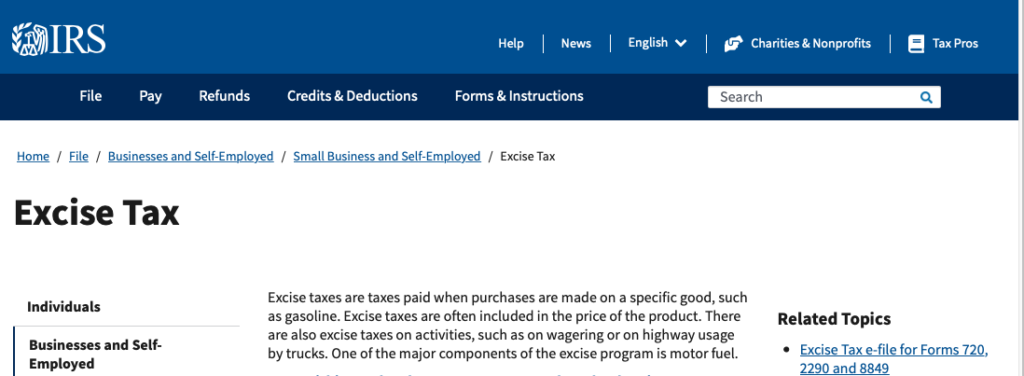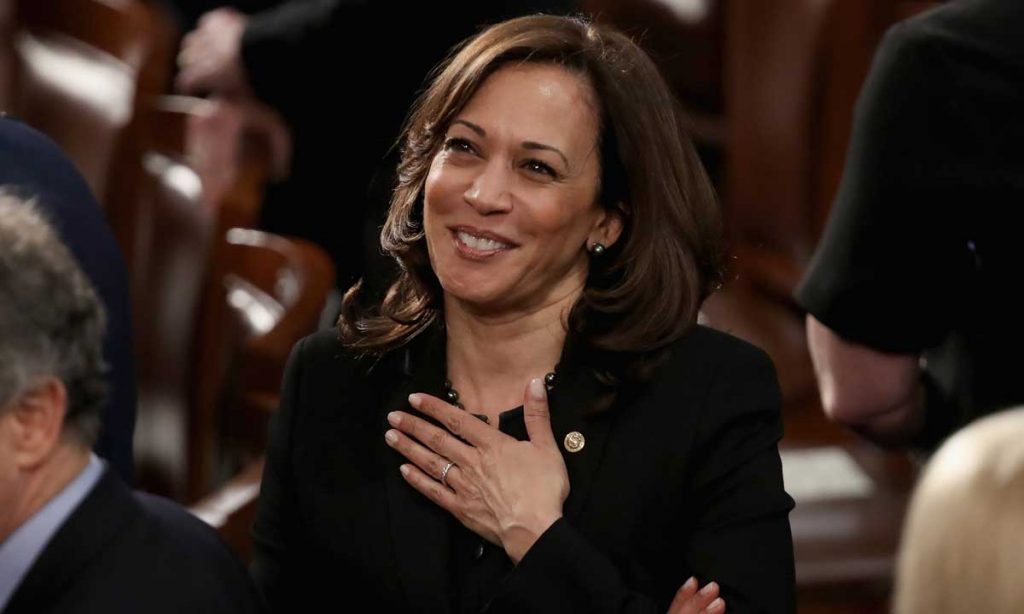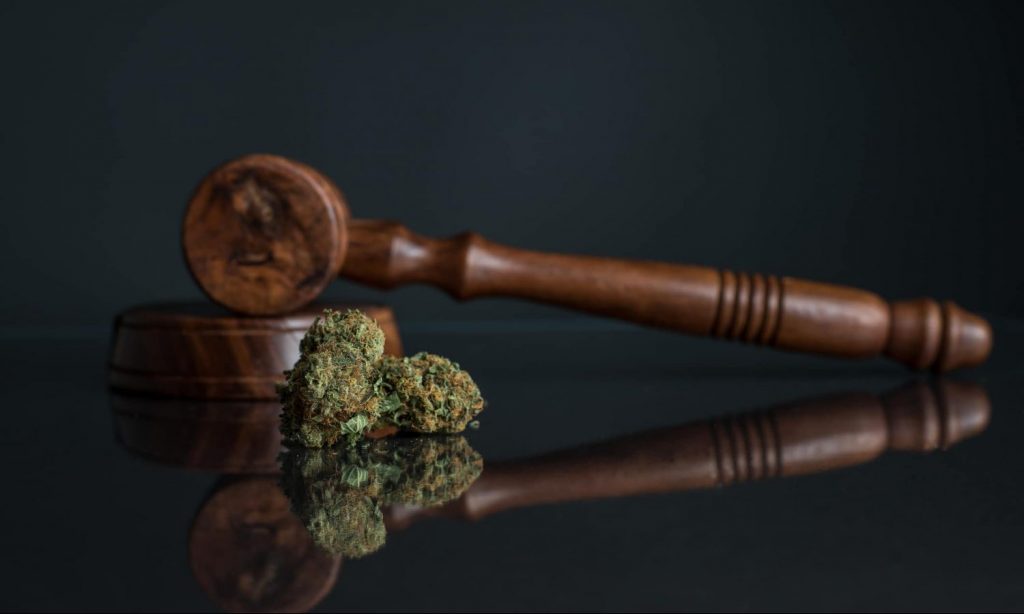State marijuana regulators are reconsidering how they will now run a lottery to decide who wins licenses to operate six additional medical marijuana dispensaries after no business answered a bid solicitation to develop the process.
"Unfortunately, the state did not receive any responses," Brian Hodge, a spokesman for the Department of Business Regulation, said Wednesday. "We are currently exploring alternative options and still expect to conduct the lottery by later this spring."
In February the state sought a company to “design and develop the methodology for the random selection process,” that would be held, in public, around May 14.
The bid proposal said the company would be "primarily responsible for securing all equipment, technology, or other necessary mediums to run the process.”
It wasn’t immediately clear what alternative options regulators were now discussing.







